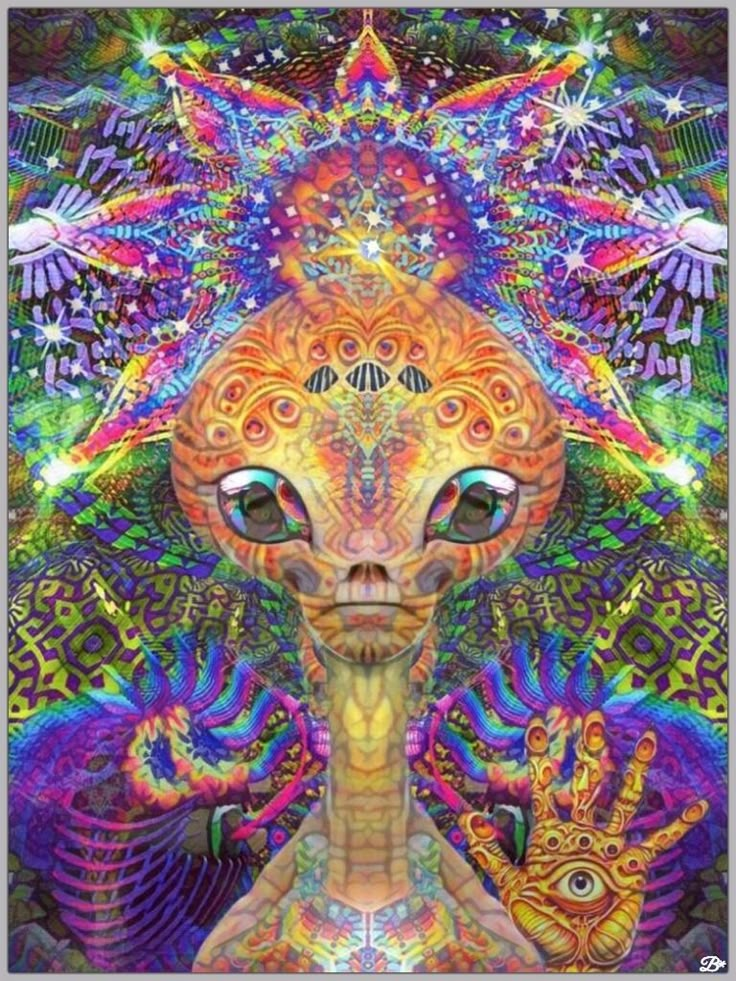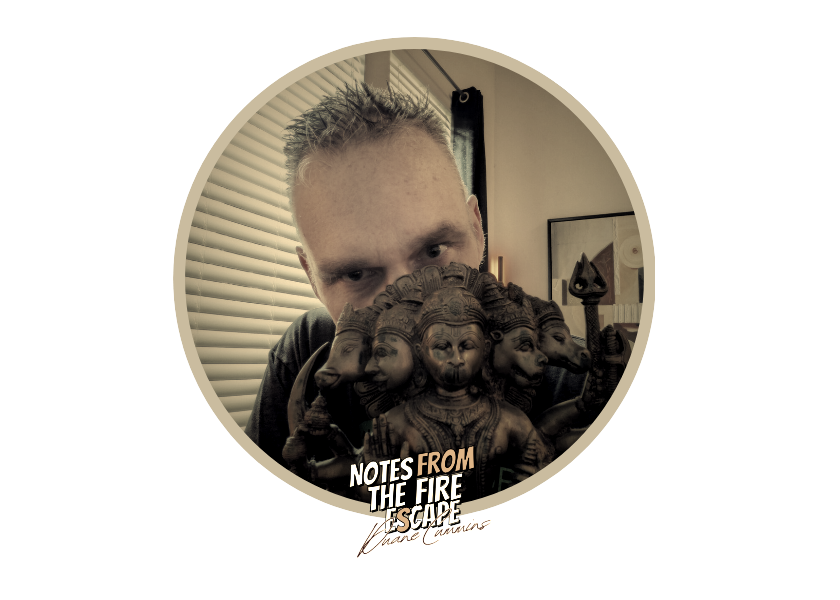They call him the monkey god,
but that’s the children’s story.
The truth is stranger.
Hanuman is the breath of wind given flesh,
a storm that remembered it had hands.
He was born of fire and devotion,
not to sit on thrones,
but to break them.
He carried mountains in his palms
as if they were lanterns.
He leapt oceans like they were puddles,
not because he wanted glory,
but because loyalty demanded speed.
Hanuman doesn’t kneel the way mortals kneel.
When he bows, it is a hurricane lowering itself,
a tempest making itself small enough
to serve love without burning the world to ash.
Every leap is an act of rebellion against gravity,
against fear, against the gods who doubted him.
Every strike is devotion sharpened into a blade.
The old texts call him servant,
but that word rots in the mouth.
He was never a servant.
He was a fire disguised as obedience.
Strength so absolute it frightened kings,
but disciplined enough to place itself in chains
for the sake of one vow.
And that’s the lesson no priest tells you.
Godhood isn’t detachment,
it isn’t silence on a mountain,
it isn’t the clean robes of the untouchable.
Godhood is the will to bleed for another,
to carry a weight that would crush the rest of us,
and to do it with joy burning in your chest.
Hanuman is not myth.
He is blueprint.
He is what we could be
if we let our strength serve something larger
than our hunger,
than our fear,
than the endless echo of self.
When I close my eyes,
I hear his breath in the trees,
the storm disguised as prayer.
And I wonder if, in the end,
that is all divinity is:
to leap,
to burn,
to bow,
and to never break.
Read this on Substack where it first appeared — if you’re into that sort of thing.








